“Ever tried. Ever failed. No matter. Try again. Fail again. Fail better.” - Samuel Beckett
One of my favourite podcasts is How to Fail with Elizabeth Day. If you haven’t heard it before and don’t know the premise, each episode has a different guest who is asked to discuss their three ‘failures’. This ranges from ‘failures’ to succeed in school to ‘failures’ to maintain a marriage. As they discuss their apparent ‘failures’, it becomes quite clear that there is nearly always something to be learnt, or something positive to uncover, from those things that don’t go how we expect or would like them to.
Elizabeth Day is the host, and she handles every interview with the delicacy, intelligence, and humour I could only dream of having. She is a fantastic journalist and writer and I’d recommend any of her books when you’re next adding to your shelf.
A few months ago, I was listening to the episode featuring AJ Odudu, and it’s stuck with me ever since. There are so many things she said in her interview that resonated with me, from her inability to recover from past experiences to insecurity surrounding her career. It got me thinking about the things I consider to be ‘failures’ in my own life, and how without them, I wouldn’t be where I am today. I don’t think that’s necessarily a good or bad thing, but I definitely think it’s for the best. Better an oops than a what if, and all that!
I’m sure you’ve guessed by now, but in today’s article, I’m taking you through my failures, How to Fail style. Grab a cuppa and a packet of Jammie Dodgers, I think this might be a long one.
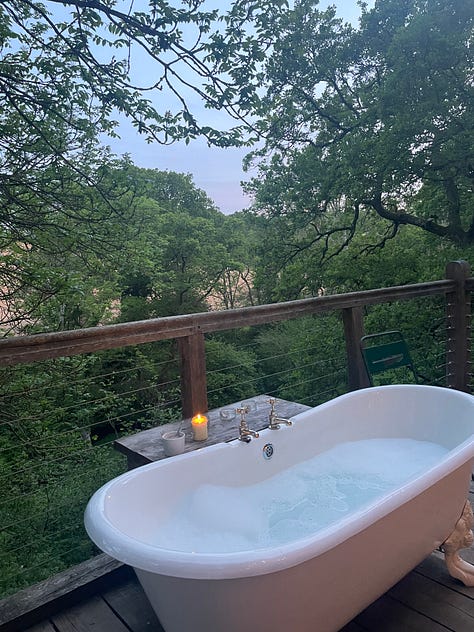
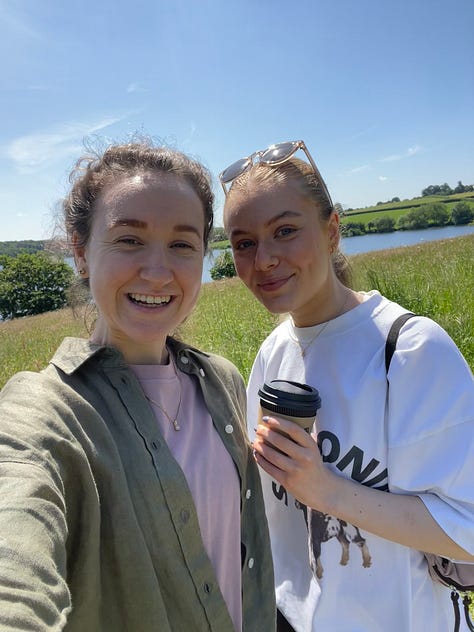
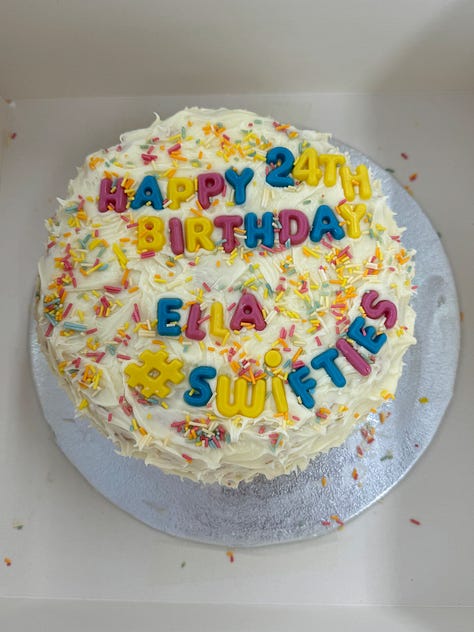
Failure #1: My failure to go to drama school
I was a theatre kid. Saying that often goes down like marmite, but I promise I wasn’t like the stereotypes (does that sound a bit ‘pick me?’ I’m not like the others!).
I’ll add context to this failure by talking about my biggest theatre success: I was part of the National Youth Theatre, which was probably my biggest achievement in my teenage years. It took me two years before I was accepted, although I knew others on my course who had been auditioning for seven consecutive years. Being in NYT felt like a badge of honour, like being accepted into an elite club. If you’d go to the theatre in London and see someone else wearing an NYT hoodie, you’d always give them a little nod. This sounds cringey, but if you know you know. It was tough to get in, and it was a lot of hard work to stick around in there, which I quickly learned.
[Editing side note: has anyone ever seen the movie Theatre Camp on Disney+? That movie is exactly what it was like. Completely accurate, no notes.]
Being part of this big drama club meant that I met a lot of wonderful like-minded people. Unfortunately, as we got older and the prospect of career came into play, friends became competitors. As everyone started auditioning for drama school when we were seventeen-eighteen, I had this overwhelming sense of not being good enough. At auditions, every part of you is critiqued: your height, your hair colour, your accent. Do they already have someone who looks like you? You’re out. All of this is decided before you even begin to recite the monologues you’ve spent months preparing. I understand that rejection is part of the industry, but some of the comments I had in the audition rooms were just wrong.
In my head, being an actress was a whimsical fantasy - to spend every day in the theatre was something I could only dream of. The further in I got, however, it felt more like a nightmare than a dream. For a start, in my personal experience, everyone at these drama schools took themselves waaaay too seriously. That’s not to say that they weren’t nice people, but it felt like there was a superiority complex. I suddenly felt like the tiniest goldfish in the biggest pond. A lot of the other people I met at the auditions were really friendly, however we were quickly reminded that we are competing for a space on the course. We were not there to make friends. I didn’t like how impersonal it was. Sometimes, I didn’t like that it was so personal. The thought of reciting one of my monologues would give me so much panic that I couldn’t eat or sleep for the entire week leading up to the audition. I didn’t feel like myself anymore, and it certainly wasn’t what I wanted from my career.
Was I a failure for giving up on my dream?
Absolutely not.
Giving up on drama school has to be one of the best things I’ve ever done, despite all the opinions I had from people telling me I was throwing it all away. I spent years working towards it, and I did sooo many good things along the way, but I look back and I don’t lose a wink of sleep over the fact that I didn’t follow through with it. It wasn’t fun anymore, and it broke my heart that I began to dread something that once made me so happy. Quitting didn’t make it a waste of time: I gained friends, confidence, and I credit my drama club days for helping me find my zest. Instead, it allowed me to explore new things, and slowly I learned to love the theatre again.
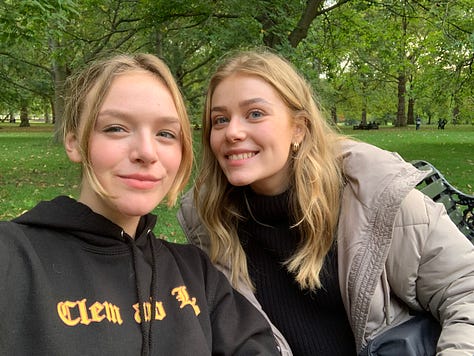
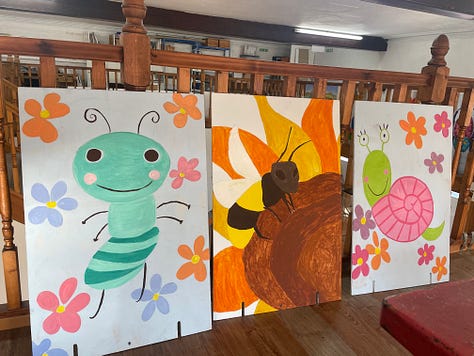
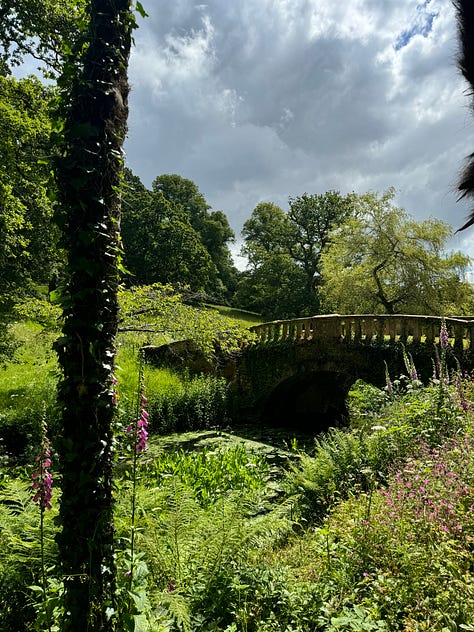
Failure #2: My failure to use social media
The more people I speak to in their twenties, the more I feel we have an epidemic of comparison on our hands. The internet is so saturated by the lives of others it’s almost impossible not to compare. Social media has never been of interest to me; it’s as though I always knew deep down I couldn’t handle it.
I first created an Instagram account - involuntarily I should add - when I was sixteen. I’d just started a new sixth form and my new friends were keen for me to join them on there, which was nice at the time - I felt like part of the group. It didn’t take long for the insecurity to settle in, however. Being a newbie to the Instagram world, I found myself unsure of what I 'should’ be posting, whether a picture was ‘good enough’ to post, and there was a culture in my group of deleting a post if it got less than 150 likes. I don’t think I even knew 20 people, let alone 150!
All of a sudden I was submerged into a world where other people’s opinions of me mattered more than my own. I had never thought like this before. I would upload a photo (Sunday, 6pm, “peak time”), then feel nauseous for the rest of the night. When my pictures started getting over 200 likes, I could relax a little.
It also pushed me into a world where I began comparing myself to my friends, a symptom that has never quite faded. At first, I wanted to be as pretty as them. Then, I wanted my life to look as happy, full, and exciting. I was naive to the fact that Instagram was a highlight reel, and I took everything I saw at face value. It’s important to note that I wasn’t unhappy with my life, and I was in a very fortunate position, yet this void of comparison made me feel as though I was inferior. When I found out my friends edited their photos, I was shocked, and sad. They didn’t need to, and I was amazed that they felt this way given how highly I think of them. Seeing this clarified to me that nobody is exempt from the negative side effects of Instagram.
I finally deleted my Instagram account when I was nineteen; I couldn’t take it any longer. I had severe anxiety just watching people’s stories: I didn’t want to see what everyone was doing all the time - and nor should I! It feels intrusive. Now, I much prefer catching up with my friends over a cuppa. My lack of social media means we have to properly communicate to understand one another’s lives. Funny how something designed to aid connection actually distanced us. Some friendships have inevitably fizzled out due to my lack of socials; I’ve had to accept that these connections weren’t strong enough in the first place.
I wonder sometimes if my inability to use socials makes me weak in some way. Most of my friends, and most people, use it all the time, and love it. I’ve never been able to distinguish the true from the false in the online sphere, and am so much happier without it.
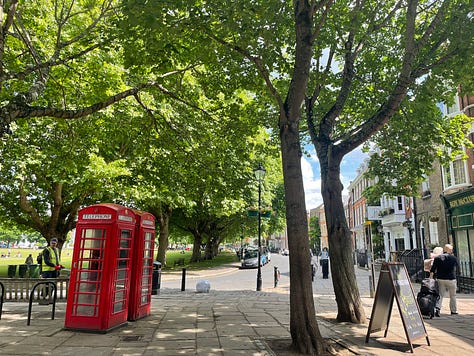
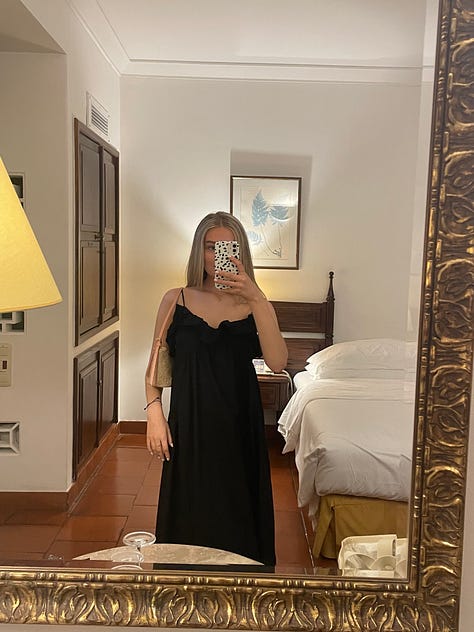
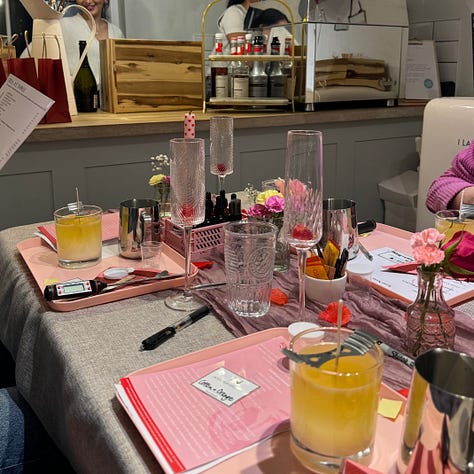
Failure #3: My failure to make friends
This isn’t a sob story. I want to preface this by saying that now, at 24, I do not have a shortage of friends, nor do I have trouble making them.
Throughout my school years, I was chronically unable to make friends. It was like they just wouldn’t stick. I don’t think there was any particular reason for it, and I’m not sure anyone would have even noticed that I didn’t have friends. Growing up, I think kids are fickle anyway. My school experience felt like an extreme. It was a stereotypical case of my only friend is my mum. You know in Mean Girls when Cady sits and eats lunch in a cubicle? C’était moi.
I would attempt to befriend people I sat next to in classes, but by the time I reached year ten all the friend groups had solidified and I was just trying to smuggle my way in. It was uncomfortable to say the least. I felt like a jigsaw piece in the wrong box.
As I’ve gotten older, this inability to make friends in secondary school has left me with a self-doubt I can’t shake. I moved schools for sixth form, and immediately made so many new friends it was overwhelming. I couldn’t help but think, why do they want to be friends with me? Why do they want to talk to me? Why has she invited me to her birthday party? I just wasn’t used to people being interested in me, and it took a long time for me to realise that maybe it wasn’t me that was the problem, maybe it was my environment.
Still, I definitely have a sort of friendship-based imposter syndrome.
For a period of time, my lack of friends made me desperate for them and so I would tolerate friendships even when they drained me or made me anxious. My naivety meant that I didn’t know I could say “no” to friendships, and I certainly didn’t have to morph myself to fit someone else’s mould. Having a select group of good friends is far more important to me now than having a large number of people who don’t care, although I had to learn that the hard way.
The one thing this experience taught me is the value of friendship, and how to be a good friend. I never want my friends to feel as though they can’t talk to me, or as though they are alone. Even the little things can make such a big difference, like remembering to wish someone good luck with their job interview, sending a birthday card, and making the effort to see them when you can. You have to be a friend in spirit even when you can’t be there in person. Friendships are things that need to be nurtured and cared for - they’re delicate. Without my experience of loneliness, I don’t think I would have the friendships I have now.
Well, that felt cathartic! I feel 10 stone lighter letting all that go. I hope it was at least moderately entertaining to read, or that you took something from it. Maybe you can rethink something in your own life that you consider a ‘failure’. I promise you, it’s not.
Here’s the podcast that inspired the article - give it a listen! Or, browse through the other episodes - I’m sure you’ll find a guest who floats your boat.







I love all of these so much, Ella! I try to live by the motto, "What's meant for me will never miss me, and what misses me was never meant for me," + it's transformative.
Also, that tree house is so dreamy. Would you mind sharing where it was?
SUCH a good post! I loved this, Ella. It's been an age since I listened to How to Fail (and having a look at recent guests, I'm making a beeline for the Richard Osman episode).
There's so much vulnerability here and I applaud you for that - not always easy! Truly therapeutic though to look at "failures" and see the success they truly brought you. Bravo 💛